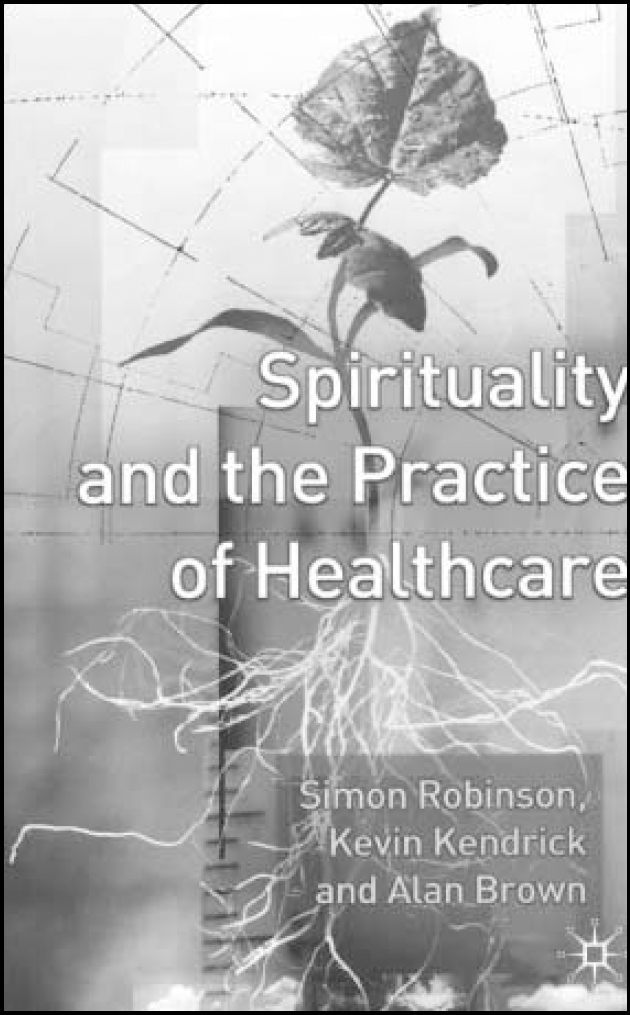
Have the taboos around spirituality begun to fall away? Certainly there appears to be a lot of interest in this subject at the moment. For example, the Royal College of Psychiatrists has a special interest group on spirituality and psychiatry (www.rcpsych.ac.uk/spirit), and there is a special project of the National Institute for Mental Health in England on spirituality. The authors also point out that a concern for spiritual care is embodied in a number of professional codes and is reinforced by the revised Patient's Charter, although scant attention is paid to the realities of ‘how to’. The much-used phrase of ‘ whole person care’ supports the idea that we are mind, body and spirit - but when do we discuss the spiritual aspects of ourselves in healthcare? Leave that to the chaplains you may say, but this book clearly describes how we all have opportunities to explore and support our patients’ spirituality and that it probably is a powerful influence (for good or bad) on how they perceive and deal with illness. It is surprising how little curiosity we generally have for how it affects our patients, or us for that matter. In an increasingly multicultural society there are not enough multi-faith chaplains to attend to all those needs and I welcome this book's attempt to bring us into the arena.
The authors are two hospital chaplains and a nursing tutor, and the book is geared towards a nursing audience, but don't let that put you off as it is relevant to all health professionals. They are clear that spirituality is not a ‘bolt-on’ but a central part of how we provide healthcare - particularly the aspects of relationship and meaning.
The chapters are wide-ranging and all include case material. They begin with the historical basis of spirituality and healthcare and how it has broken free of the simple identification with religion. The authors have used a working definition of spirituality that they feel all parties can recognise and accept with integrity. The book continues with: spirituality and health; illness and suffering; assessment and practice; from the cradle to the grave; mental health; learning disability and the professions. The chapter on mental health is a good introduction and quotes heavily from John Swinton's excellent book Spirituality and Mental Health Care (Reference Swinton2001).
Each chapter is well-referenced with clear boxes and tables containing essential information, a summary and suggested questions and exercises at the end. This encourages the reader to take a reflective stance and apply in practice the themes of the book.
Spirituality and the Practice of Healthcare ends with a quote,
‘The aim of professionalism is to maintain the social contract, in a brutal world, by demonstrating the possibility of restoring the stranger to the community, through the discovery and recovery of the human worth of society's casualties and rejects.’
Such spirituality, the book maintains, is at the heart of healthcare in general, and contributes to the spiritual meaning of the wider community. My guess is that this book heralds something we are going to hear more of in the future, and it does so in a scholarly, practical and humane way. Highly recommended.



eLetters
No eLetters have been published for this article.